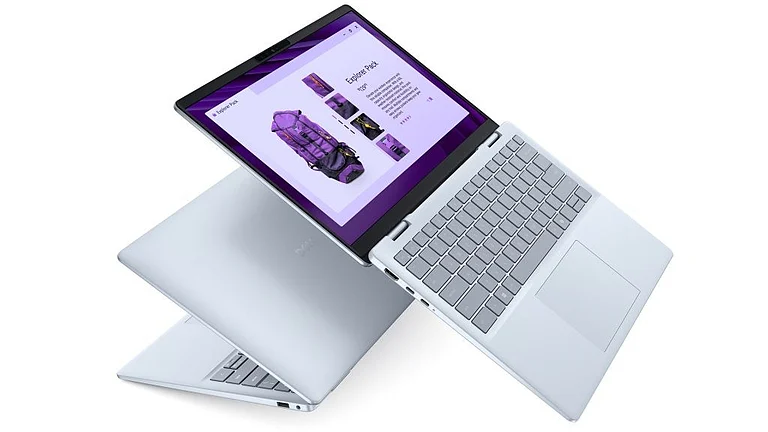The government is likely to put in place a simple import authorisation procedure and not a licensing process for inbound shipments of laptops, tablets and computers from November 1, according to sources.
However, they said the commerce ministry is awaiting a final word on the issue from the Ministry of Electronics and Information Technology (MeitY).
The government in August imposed import restrictions on laptops and computers (including tablet computers) with a view to boost domestic manufacturing and cut imports from countries like China.
As per the notification of the Directorate General of Foreign Trade (DGFT), the restrictions will come into force from November 1.
While the IT hardware product industry comes under MeitY, the DGFT notifies decisions with regard to import/export of a product.
Following this notification, IT hardware industry had flagged concerns.
"It will be more in the nature of an import management system where people will be issued an authorisation. It will be a very soft licensing. It will just be an authorisation," one of the sources said, adding that everything will be online.
A company will be able to put up a request for imports of certain numbers and it would get the authorisation for imports.
According to the source, the DGFT may also have to issue a clarification on its earlier notification (dated August 3) which has stipulated a licensing regime for imports of these goods.
The order issued in August had put licencing requirements with immediate effect and later, amendments were made, and a transition period was provided till October 31.
The restrictions are also there on micro computers, large or mainframe computers, and certain data processing machines.
India already has an import monitoring system for certain products like steel, coal and paper.
The licensing conditions on imports were put on the grounds of security and to spur domestic manufacturing of these products.
While announcing the licensing rules the government had also said that it wants IT products to come from "trusted sources".
According to a report by think-tank Global Trade Research Initiative (GTRI), India is critically dependent on China for day-to-day use and industrial products like mobile phones, laptops, components, solar cell modules, and ICs.
The government has taken several steps to boost domestic manufacturing of electronic items such as rolling out of the production-linked incentive scheme and increasing customs duties on the number of electronic components.
Leading electronic brands which are sold in the market include HCL, Samsung, Dell, LG Electronics, Acer, Apple, Lenovo and HP.
India imports about USD 7-8 billion worth of these goods every year.
The country has imported personal computers, including laptops, worth USD 5.33 billion in 2022-23 as against USD 7.37 billion in 2021-22.
Imports of certain data processing machines stood at USD 553 million in the last fiscal as against USD 583.8 million in 2021-22.
Similarly, imports of micro computers/processors stood at USD 1.2 million in the last fiscal against USD 2.08 million in 2021-22.
In May, the government approved the Production Linked Incentive Scheme 2.0 for IT Hardware with a budgetary outlay of Rs 17,000 crore.
The government, in February 2021, approved the scheme for IT hardware, covering the production of laptops, tablets, All-in-One PCs and servers with an outlay of Rs 7,350 crore.


























.jpg?w=200&auto=format%2Ccompress&fit=max)




